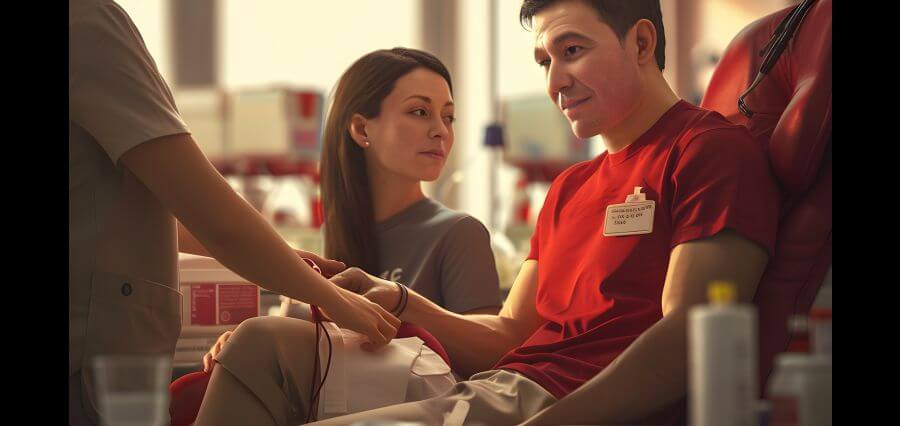In this study, Israeli researchers discovered that applying red and near-infrared light to injuries can promote healing and lessen patient discomfort. Researchers at Hebrew University-Hadassah School of Dental Medicine discovered that photobiomodulation (PBM) therapy provides instant pain alleviation for burning mouth syndrome (BMS).
The painful condition, which includes a feeling of scalding, tingling, and burning every day for months or longer, can be caused by certain medications, particularly those used to treat hypertension, or by pushing your tongue against your teeth, biting the tip of your tongue, grinding or clenching your teeth, and engaging in other oral habits. An underactive thyroid gland or diabetes can also cause it.
BMS affects approximately 2% of the population; women are seven times more likely to be diagnosed than males; and without treatment, it can linger for months or even years. Without therapy, around one-third of persons suffering from burning mouth syndrome will improve within three to five years.
The obscure nature of its causes complicates both diagnosis and therapy, and it affects millions of people around the world, particularly middle-aged and older women. It is strongly associated with depression as a result of dealing with this ailment. The daily struggle of BMS patients highlights the crucial need for extensive research and appropriate therapeutic strategies.
Avoiding the condition
Drinking plenty of fluids or sucking on ice chips may momentarily relieve the pain. Tobacco, spicy foods, alcohol, acidic foods like tomatoes, or liquids like orange juice, carbonated beverages, and coffee, as well as alcohol-containing mouthwashes, should be avoided.
PBM, which uses red and near-infrared light to promote healing and reduce pain and inflammation, was previously known as low-level laser treatment (LLLT). However, it was discovered that lasers are not always necessary, and the term “low” was considered subjective and inexact.
Dr. Yaron Haviv, Dr. Ori Finfter, Prof. Doron Aframian, and their dental faculty team reported that 30 subjects noticed a significant decline in pain levels following each treatment over the course of 10 weeks. While efficacy declined the next week, a cumulative effect was detected, particularly until the third dose. The findings underscore PBM’s promise as a therapeutic treatment for BMS, despite significant limitations in its efficacy.
Read More: Click Here





